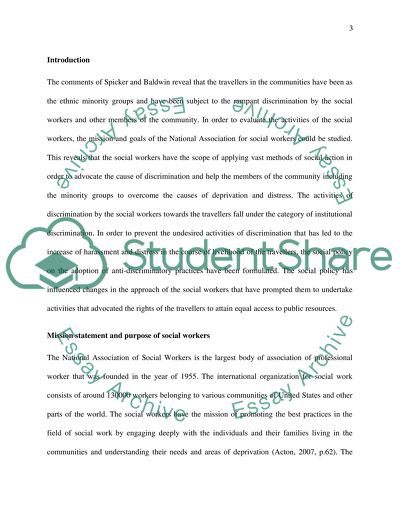Cite this document
(Social Policy Research Proposal Example | Topics and Well Written Essays - 2000 words - 2, n.d.)
Social Policy Research Proposal Example | Topics and Well Written Essays - 2000 words - 2. Retrieved from https://studentshare.org/social-science/1633386-social-policy
Social Policy Research Proposal Example | Topics and Well Written Essays - 2000 words - 2. Retrieved from https://studentshare.org/social-science/1633386-social-policy
(Social Policy Research Proposal Example | Topics and Well Written Essays - 2000 Words - 2)
Social Policy Research Proposal Example | Topics and Well Written Essays - 2000 Words - 2. https://studentshare.org/social-science/1633386-social-policy.
Social Policy Research Proposal Example | Topics and Well Written Essays - 2000 Words - 2. https://studentshare.org/social-science/1633386-social-policy.
“Social Policy Research Proposal Example | Topics and Well Written Essays - 2000 Words - 2”. https://studentshare.org/social-science/1633386-social-policy.


